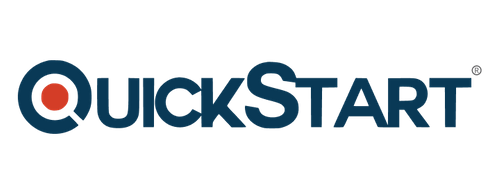Developing Secure Java Web Applications - Lifecycle (SDLC) (TT8325-J)
Course Features
Duration
5 days
Delivery Method
Online
Available on
Lifetime Access
Accessibility
Desktop, Laptop
Language
English
Subtitles
English
Level
Intermediate
Teaching Type
Self Paced
Course Description
Course Overview
International Faculty
Post Course Interactions
Instructor-Moderated Discussions
Skills You Will Gain
Prerequisites/Requirements
Familiarity with Java and JEE is required and real world programming experience is highly recommended
Ideally students should have approximately 6 months to a year of Java and JEE working knowledge
What You Will Learn
Understand potential sources for untrusted data
Understand the consequences for not properly handling untrusted data such as denial of service, cross-site scripting, and injections
To test web applications with various attack techniques to determine the existence of and effectiveness of layered defenses
Prevent and defend the many potential vulnerabilities associated with untrusted data
Understand the vulnerabilities of associated with authentication and authorization
To detect, attack, and implement defenses for authentication and authorization functionality and services
Understand the dangers and mechanisms behind Cross-Site Scripting (XSS) and Injection attacks
To detect, attack, and implement defenses against XSS and Injection attacks
Understand the concepts and terminology behind defensive, secure, coding
Understand the use of Threat Modeling as a tool in identifying software vulnerabilities based on realistic threats against meaningful assets
Perform both static code reviews and dynamic application testing to uncover vulnerabilities in Java-based web applications
Design and develop strong, robust authentication and authorization implementations within the context of JEE
Understand the fundamentals of XML Digital Signature and XML Encryption as well as how they are used within the web services arena
To detect, attack, and implement defenses for both RESTful and SOAP-based web services and functionality
Understand techniques and measures that can used to harden web and application servers as well as other components in your infrastructure
Understand and implement the processes and measures associated with the Secure Software Development (SSD)
Acquire the skills, tools, and best practices for design and code reviews as well as testing initiatives
Understand the basics of security testing and planning
Work through a comprehensive testing plan for recognized vulnerabilities and weaknesses
Target Students
Designed for developers who wish to get up and running on developing well defended software applications
This course may be customized to suit your team's unique objectives
